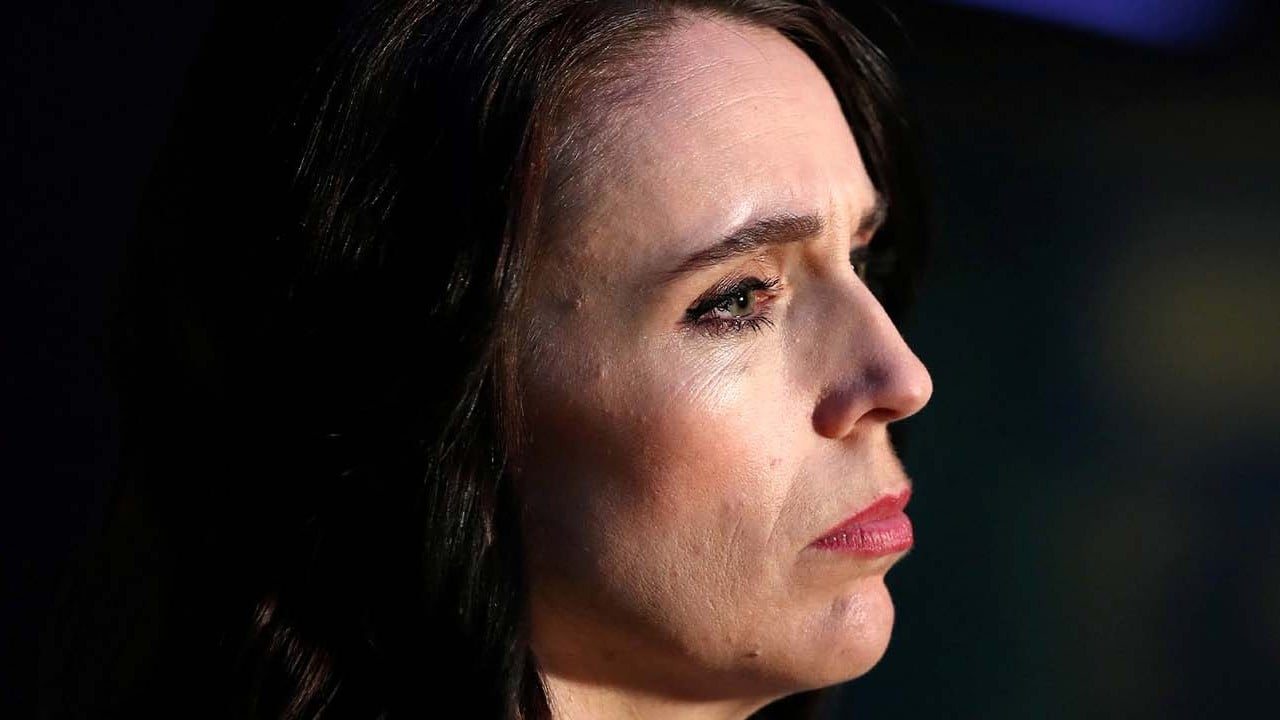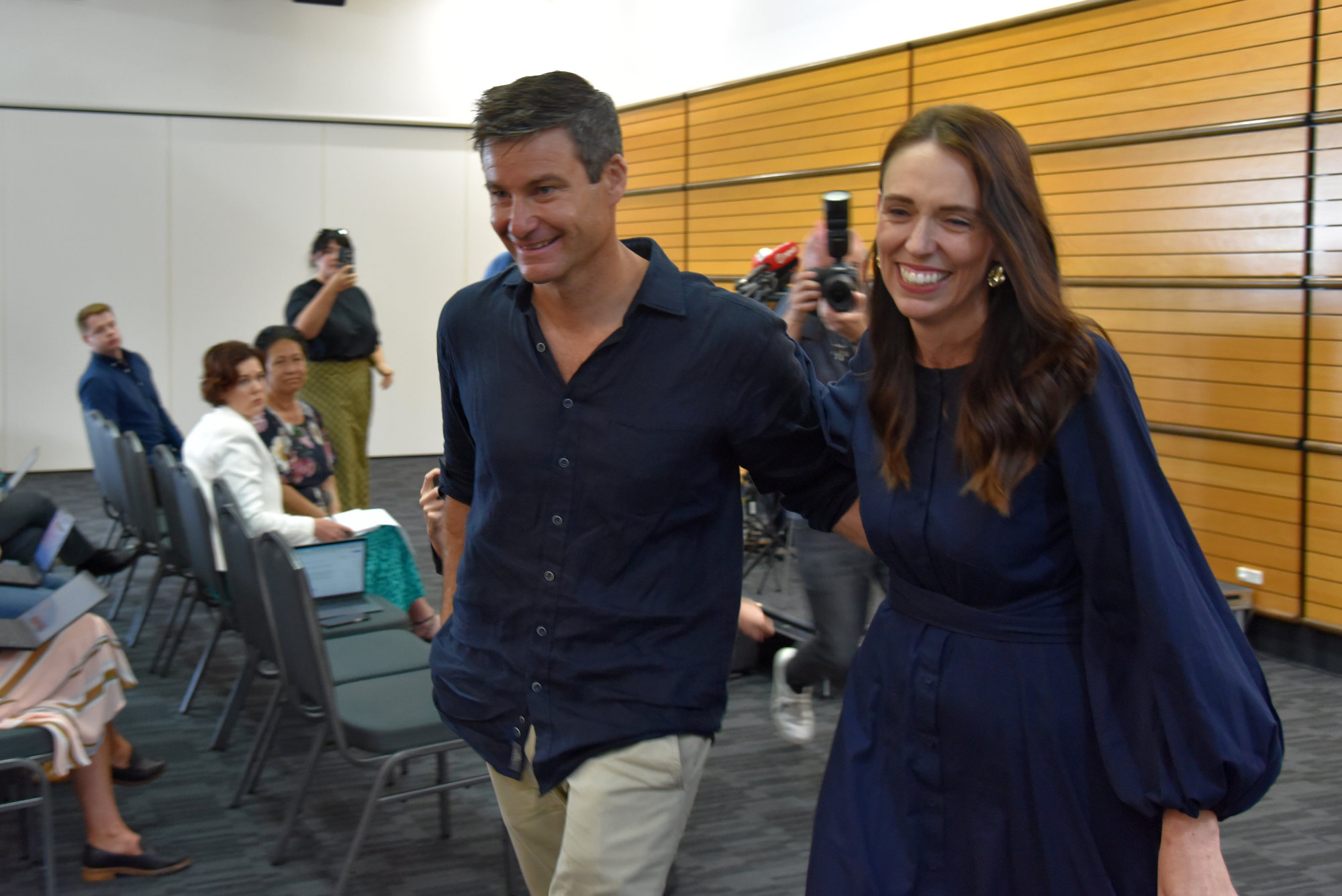
02:06
Jacinda Ardern says she will step down as New Zealand’s prime minister
Ardern shocks New Zealand by stepping down, general election set for October
- New Zealand Prime Minister Jacinda Ardern will not seek re-election and plans to step down from the role
- Ardern’s term as leader will conclude no later than February 7 and a general election will be held on October 14
New Zealand Prime Minister Jacinda Ardern on Thursday made a shock announcement she had “no more in the tank” to continue leading the country and would step down no later than early February and not seek re-election.
Ardern, holding back tears, said that it had been a tough five and a half years as prime minister and that she was only human and needed to step aside.
“This summer, I had hoped to find a way to prepare for not just another year, but another term – because that is what this year requires. I have not been able to do that,” Ardern said.
“I know there will be much discussion in the aftermath of this decision as to what the so called ‘real’ reason was … The only interesting angle you will find is that after going on six years of some big challenges, that I am human,” she continued.
No doubt China has become ‘more assertive’ in the Pacific: New Zealand PM
“Politicians are human. We give all that we can, for as long as we can, and then it’s time. And for me, it’s time.”
A ruling New Zealand Labour Party vote for a new leader will take place on Sunday; the party leader will be prime minister until the next general election.
Ardern’s term as leader will conclude no later than February 7 and a general election will be held on October 14.
New Zealand Deputy Prime Minister Grant Robertson, who also serves as finance minister, said in a statement he would not seek to stand as the next Labour leader.

Political commentator Ben Thomas said Ardern’s announcement was a huge surprise as polls still ranked her as the country’s preferred prime minister even though support for her party had fallen from the stratospheric heights seen during the 2020 election.
Thomas said that there was not a clear successor.
Ardern said she was not stepping down because the job was hard, but because she believed others could do a better job.
She made a point of telling her daughter Neve that she was looking forward to being there when she started school this year and told her long-time partner Clarke Gayford that it was time they married.
Her initial election made a big splash on the global stage because of her gender and youth, coining the phrase “Jacinda-mania”.
Elected prime minister in 2017 at 37-years-old, Ardern is one of the world’s youngest female heads of government, and only the second to become a mother while still in office.

Ardern will be remembered as an extraordinary crisis manager.
After an extremist went on a shooting spree at two mosques in the South Island city of Christchurch in March 2019, killing 51 and injuring dozens more, an image of Ardern wearing a headscarf as she mourned with families of the victims went around the world and helped to ease outrage in Muslim nations.
She immediately reformed gun laws, banning the semi-automatic weapons used in the attack.
Her brand of decisive, empathetic leadership was again on display when a volcano off the New Zealand coast erupted in December 2019, killing 22 people and injuring dozens, many of them tourists.
Her initial handling of the coronavirus pandemic also stood out.
Ardern put the country into one of the strictest lockdowns in the world to eliminate community transmission of the virus and allow a much quicker return to normality.
That success saw her ride a wave of popularity to a resounding election victory in 2020, with Labour securing the first outright majority in parliament since the introduction of proportional representation in 1996.
But since then her star has waned in New Zealand as voters turned their focus on the soaring cost of living and darkening economic outlook. The central bank is forecasting as recession this year as it hikes interest rates at record pace to regain control of inflation.
Additional reporting by Agence France-Presse, Bloomberg

